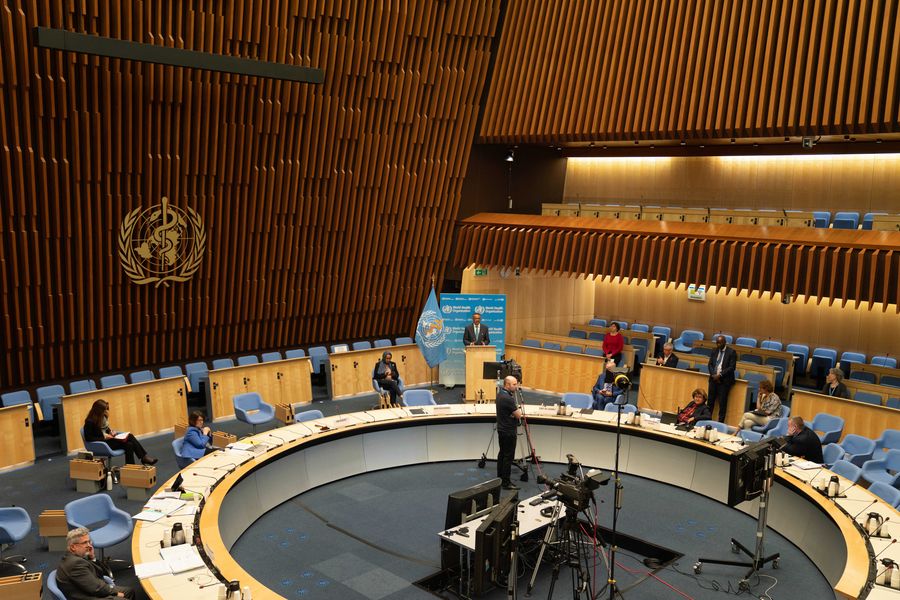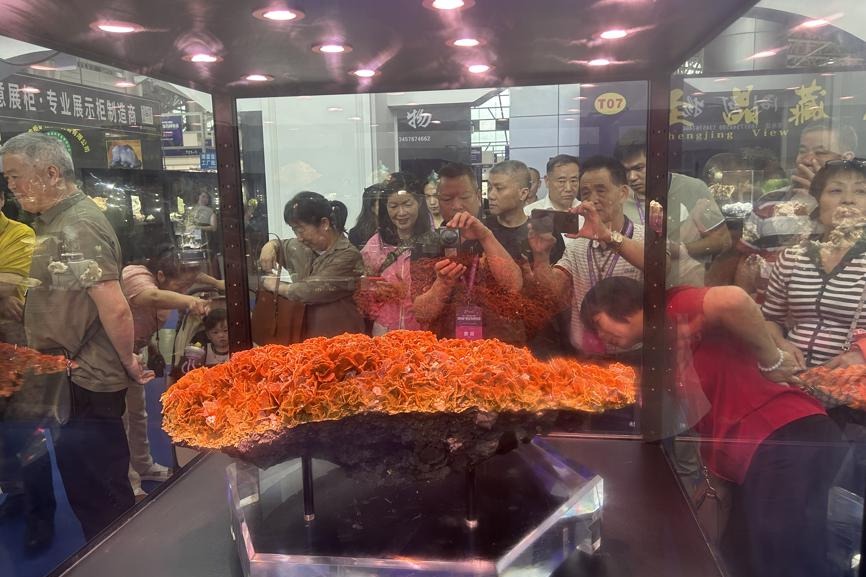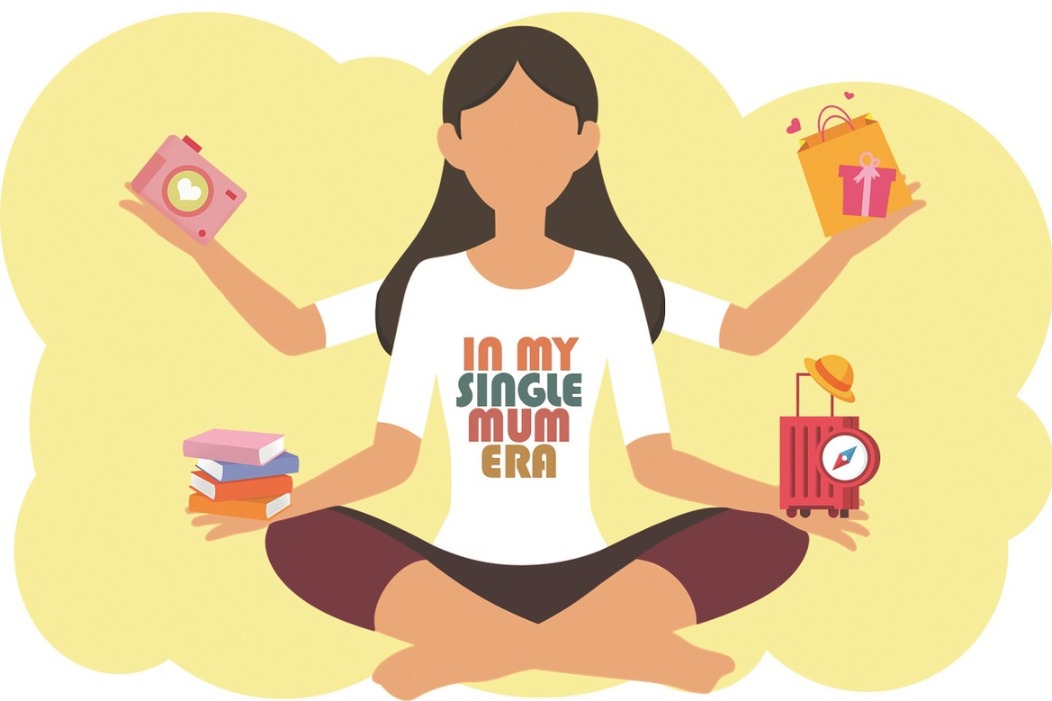China cooperating with WHO


Nation has shared disease information in a timely manner, health experts say
China has given all-round cooperation with the World Health Organization and shared its up-to-date experiences in disease control, diagnosis and treatment with other countries since the early stages of the COVID-19 outbreak, health experts said on Tuesday.
Sharing epidemic information as early as possible and in the fastest and most transparent manner has been the guiding principle for China when coping with outbreaks of infectious diseases, Wu Zunyou, chief epidemiologist from the Chinese Center for Disease Control and Prevention, said at a news conference.
Since the early days of the epidemic, China has delivered key pieces of information to the world at the earliest possible time, he said, adding that "only timely, open and transparent information sharing can mobilize the world to unite and win the battle against the disease."
On Jan 3, China reported to the WHO and other countries that a mysterious pneumonia outbreak was detected in Wuhan, Hubei province, and promised to give updates as the investigation continued.
After isolating the virus strain that caused the outbreak on Jan 7, China immediately reported that a new type of coronavirus was identified as the pathogen.
On Jan 12, China also submitted and shared the genome sequence of the emerging virus, enabling global scientists to develop targeted diagnostic kits.
In addition to continuously briefing the WHO on the domestic epidemic situation, China has also launched a regular meeting mechanism with the organization's China office to discuss important issues, invited WHO experts to visit hard-hit areas, including Wuhan, and participated in the weekly technical briefings convened by the organization.
"The collaboration has enabled the WHO and foreign countries to promptly understand the epidemic situation and control measures being implemented in China, and provided a platform for Chinese experts to contribute to the global response against the disease," Wu said.
Wang Guiqiang, head of the infectious disease department of the Peking University First Hospital, has joined 16 video conferences dedicated to introducing experiences in disease control strategies, diagnosis and treatment since late February.
These conferences were organized jointly by the Ministry of Foreign Affairs and the National Health Commission.
"Such sharing between China and foreign countries has so far involved more than 200 countries and regions," he said.
"We have been sharing the latest diagnosis and treatment guidelines as well as our front-line experiences in battling the virus aimed at helping the rest of the world reduce mortality rates."
Medical assistance delivered to African countries from China has played a significant role in boosting the region's capability to curb the disease, according to Wang.
Seven of the 21 medical aid teams dispatched by China traveled to Africa, bringing testing kits, protection equipment and drugs to local people.
"We had also held video conferences solely with African countries on May 11 and 17 to share our latest experiences in treating COVID-19 patients," he added.
Wang said the focus of these online meetings had gradually shifted from disease control measures to the treatment of severe cases as more countries reported an increasing number of confirmed infections.
"We were able to hammer out some practical questions that are not included in the official treatment guideline, such as solutions to the lack of respirators and accumulated sputum in airways," he said.
"During a session with 17 countries from Central and Eastern Europe, the chief public health expert of Poland said China's experiences were of great importance to them and they would adjust their strategies based on those experiences," Wang said.
Wu, from the China CDC, added that some questions brought up during video symposiums, such as the false-negative results of testing and the role of epidemiologic surveys that test antibodies against the virus, might not have a definitive answer.
"However, through communication and the exchange of ideas, both parties have improved their knowledge of the virus, which will boost the global response to the pandemic," he said.
- 3 dead, 1 missing after South China flash flood
- China Consul in Almaty: Linyi exhibition boosts China-Kazakhstan cooperation
- China's largest desert-based PV project set to begin commercial operation
- Wuxi steps up biomedical excellence
- Exhibition celebrates 1st anniversary of Olympic qualifier series in Shanghai
- Seal engraving exhibition opens in Beijing to celebrate Int'l Day of Families




































